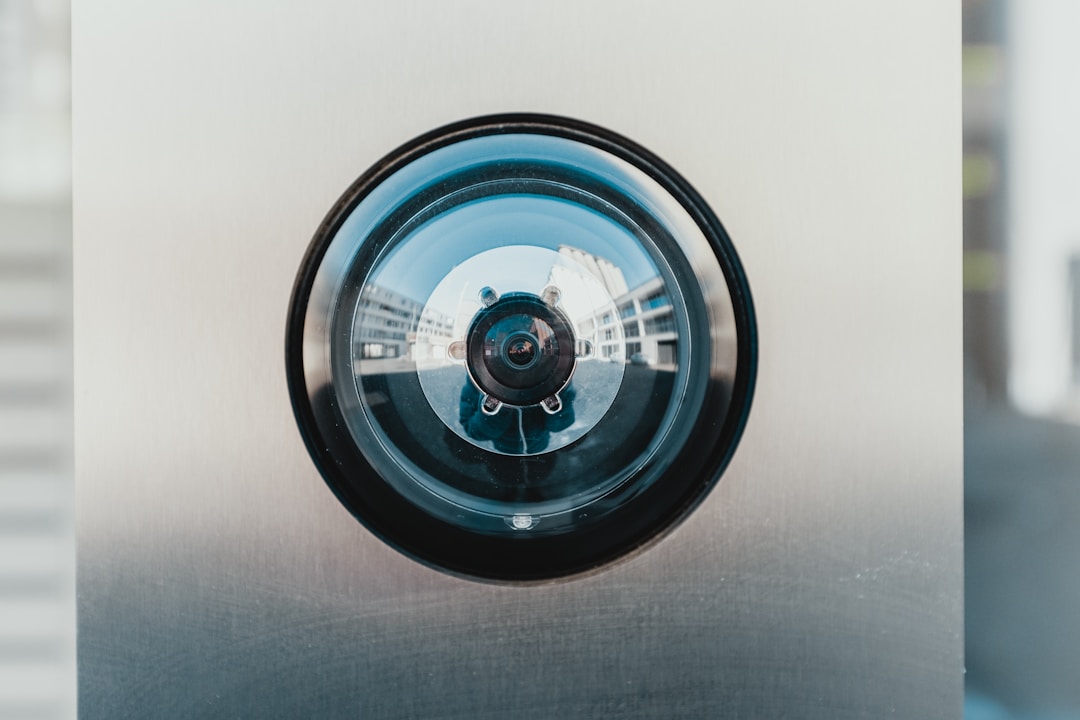Ensuring the safety and security of your company’s assets, employees, and intellectual property is crucial in today’s world. A robust security system in place can protect your business from theft, sabotage, and other potential threats. In this article, we will discuss four key areas that can help improve your company’s security system and overall safety. Keep reading to learn more.
Evaluating and Upgrading Your Existing Security System

One of the first steps in ensuring that your company’s security system is effective and efficient is by evaluating your current security measures and identifying areas for improvement. This process should encompass a thorough review of physical security, such as access control and video security, and digital security measures, including firewalls and antivirus protection.
After evaluating your existing security measures, it’s important to consider upgrading your system with the latest technology. Implementing an advanced alarm system or security cameras with facial recognition and artificial intelligence can provide better protection for your company and deter potential criminals. Additionally, upgrading your building access control systems to use biometric or mobile device authentication can help ensure that only authorized individuals can access secure areas of your facility.
Regular equipment maintenance and software updates are also essential in maintaining an effective security system. Outdated or malfunctioning equipment can create vulnerabilities in your security and also result in compliance issues and potential fines. Keep your systems up to date and in proper working order to ensure optimal security for your company.
Implementing Employee Security Training and Awareness Programs
Creating a security-conscious culture within your company is key to maintaining an effective security system. Providing regular security training and awareness programs for your employees helps them understand the importance of following security protocols and reduces the likelihood of human error that can lead to security breaches.
Employee training sessions should include instruction on physical and digital security measures, such as securing workstations, properly disposing of sensitive documents, and reporting any suspicious activity. Additional training on cybersecurity best practices, such as recognizing phishing emails and safeguarding sensitive information, can further protect your company from potential threats.
In addition to training, consider implementing a security awareness program that includes regular updates, reminders, and tips for employees on maintaining a secure work environment. Creating an ongoing dialogue about security helps to keep it at the forefront of employees’ minds and ensures that everyone plays their part in protecting your company.
Developing a Comprehensive Security Policy
A well-defined security policy is essential for establishing clear guidelines and expectations around your company’s security measures. A comprehensive security policy should include detailed information on access control procedures, data encryption standards, employee security training requirements, and disciplinary measures for policy violations.
It’s important to involve stakeholders from various departments within your company when developing your security policy to ensure that their unique perspectives are considered. This helps create a more comprehensive policy and also fosters a sense of ownership and buy-in from employees throughout the organization.
Maintaining Open Lines of Communication

Effective communication is key in managing and maintaining your company’s security system. Encourage employees to report any potential security risks or concerns they may have, both in-person and through anonymous reporting channels. Providing multiple avenues for reporting ensures that employees feel comfortable bringing attention to potential vulnerabilities without fear of retaliation or retribution.
Regularly communicate with your security provider and ensure that any issues or updates are promptly addressed. The provider should also be involved in routine security assessments and evaluations to ensure that you are receiving the best possible service and protection for your company.
Open communication between departments within your company can also be beneficial for security, as it fosters collaboration and helps identify potential areas of vulnerability. Encourage teams to work together to address security issues and share best practices for maintaining a secure work environment.
Improving your company’s security system requires a multifaceted approach that includes regular evaluation and upgrades, employee training and awareness, a comprehensive security policy, and open lines of communication. By focusing on these areas, your company can proactively enhance its security measures and create a safer work environment for everyone.







